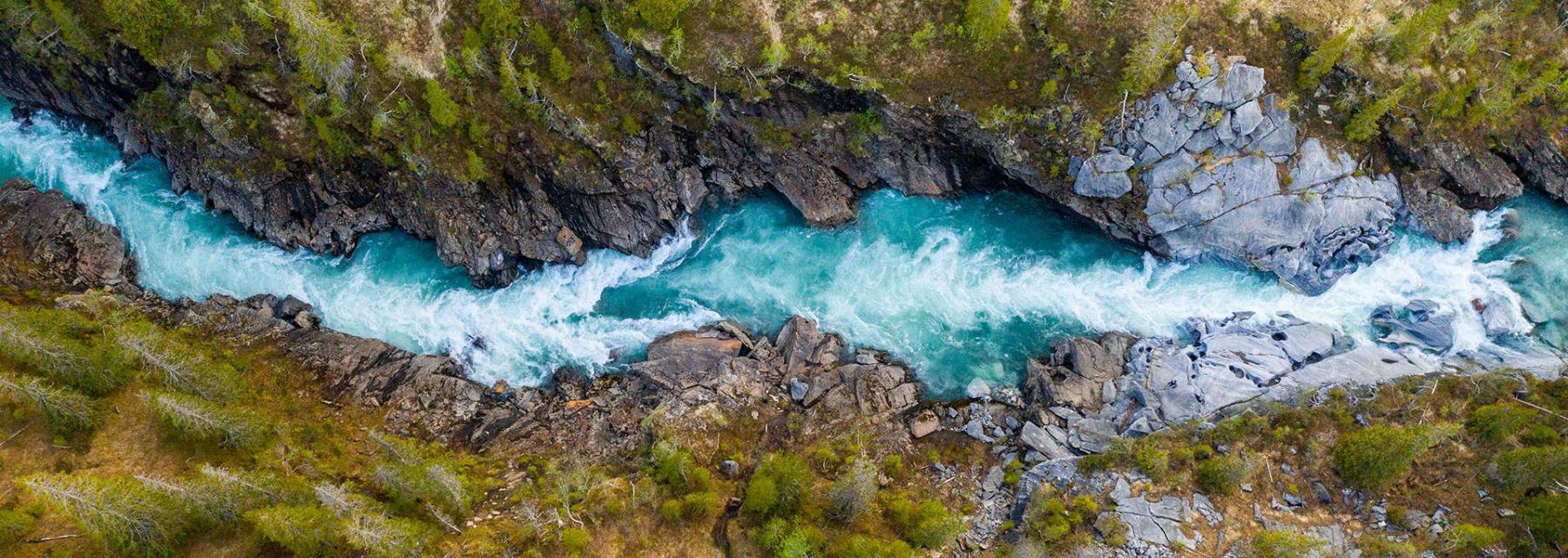
Hydrochemical Analysis of the Natural Waterbodies in the Grand Canyon State (Arizona)
by Michael Angelo De La Cruz
A lesson to teach students how to collect, organize, interpret data, make inferences, raise awareness, and suggest possible solutions on the water quality of the waterbodies in the state of Arizona.
Lesson Plan Link/URL
https://docs.google.com/presentation/d/1vKBQbkIideZbGoQK9d9_En3N3VpTVt-M/edit?u…Subject Area
Science Physical Science P1: Matter Earth and Space Science E1: Earth Systems Technology 1. Empowered Learner 2. Digital Citizen 3. Knowledge Constructor 5. Computational Thinker 6. Creative Communicator 7. Global Collaborator Mathematics Measurement and Data (MD) Ratio and Proportion (RP) Statistics and Probability (SP) Number & Quantity (N) English Language Arts (ELA) Reading (Literature) Reading (Informational Text) Writing
Featured
Off
Related Content

Grades:
Kindergarten, 1st Grade, 2nd Grade, 3rd Grade, 4th Grade, 5th Grade, 6th Grade, 7th Grade, 8th Grade
Most students are likely familiar with popular films like Happy Feet, Surf’s Up, Penguins of Madagascar, and classic books like Mr. Popper's Penguins. Capitalizing on this familiarity with penguins

Grades:
7th Grade, 8th Grade, 9th Grade, 10th Grade, 11th Grade, 12th Grade
This lesson is a whole unit on energy. It can be broken up into 10 separate lessons. I chose to put them all together so that it was easier to see how I organized them so you did not have to search

Grades:
2nd Grade, 3rd Grade
Students will research a biome around the world, including 3 animals, 3 plants, and 3 nonliving parts of the ecosystem. Students will construct a diorama of the biome and illustrate a natural disaster